Adolescence and young adulthood are the peak times for the first onset of many serious mental health conditions.
It’s estimated that 50 per cent of all lifetime mental health conditions start by age 14, and 75 per cent by age 24. That’s why schools, TAFEs and universities are so important for promotion and prevention.

Much of the mental health focus at TAFEs and universities is on supporting students already experiencing mental health conditions. While this is important and necessary, there is also huge benefit in expanding this focus to include prevention.
International research shows that around half of university students living with a mental health condition experience their condition during their time at university rather than before starting – suggesting that a focus on mental health promotion would be worthwhile.
What higher education institutions can do
Ideally, every higher education institution should develop and implement a mental health strategy that includes a focus on promotion and prevention as well as early intervention and support for recovery.
As with any setting-based approach, the aim is to develop strategies that influence the balance between risk and protective factors. This includes factors that are common across the community, as well as factors specific to student populations and the nature of higher education settings.
In higher education, this means creating strategies to promote protective factors and to tackle the key stressors that students – particularly young students – are likely to experience.
These may include:
- changes in diet, physical activity, sleep, alcohol and substance use
- increased autonomy and lack of structure compared to secondary school
- loss of friendship groups and support networks
- negotiating new friendships and intimate relationships
- relocation and homesickness, particularly for regional/rural students and international students
- financial pressures and balancing study, work and other commitments
- academic pressures such as understanding complex information and dealing with workloads, deadlines, competition for places and assessments
- dealing with family expectations; and
- managing concerns about finding the right job – or any job.
Some of these stressors can be tackled by providing information and support, or helping students change their behaviour and habits. Others are beyond students’ control and need to be tackled through teaching practices, academic policies and preventative services (e.g. staggering course assessments, easier transition between subjects and courses, financial counselling, clubs and events, etc.).
Ultimately, a systems-based approach that supports individual behaviour change as well as practice and policy change across the whole institution works best.




